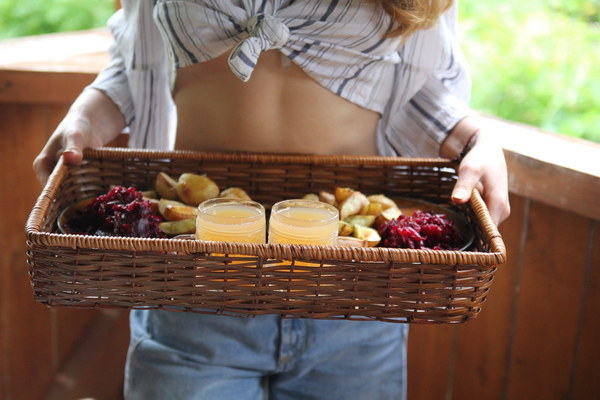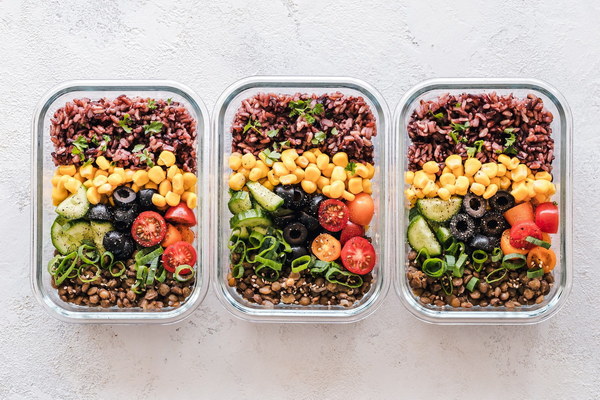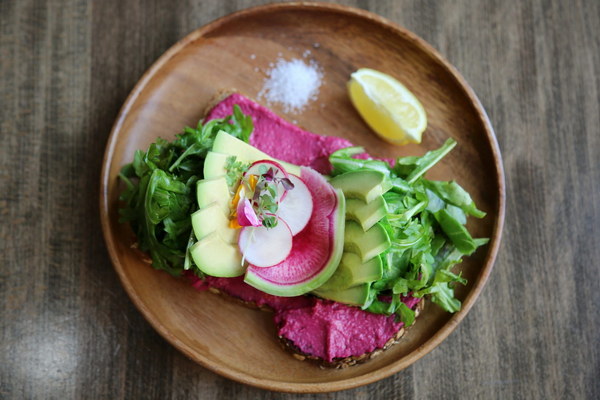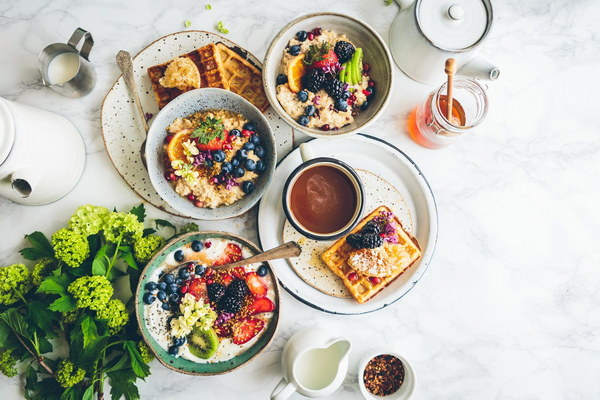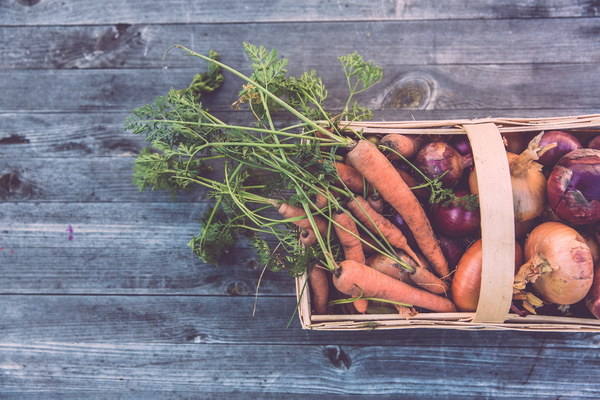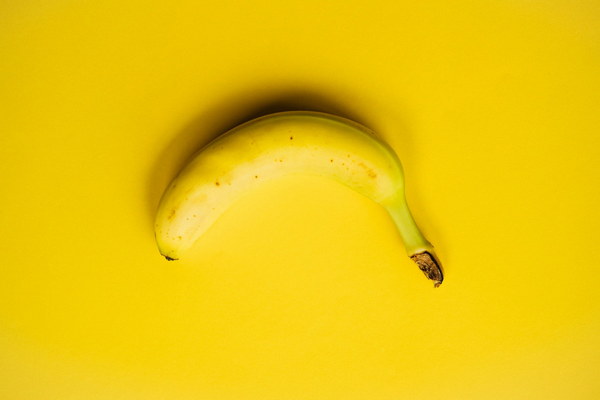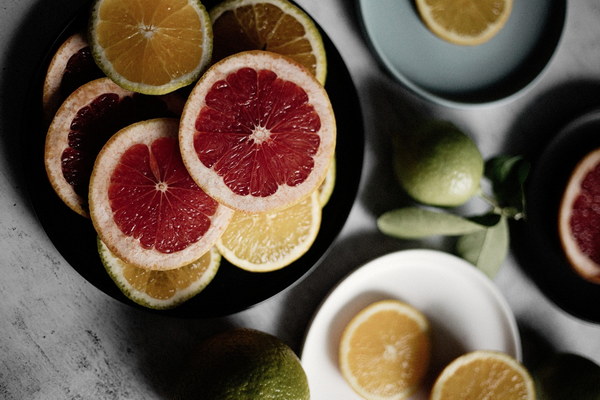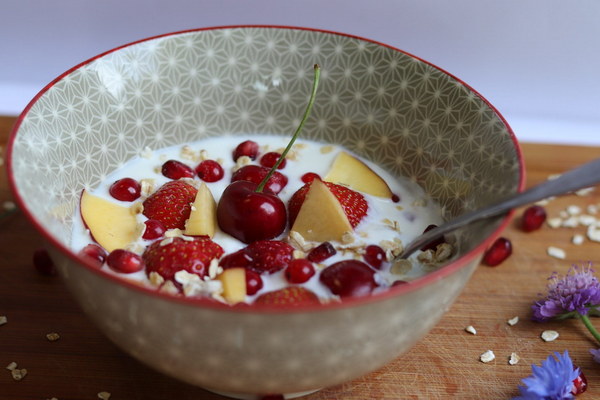Nourishing the Liver A Comprehensive Guide to Dietary Treatments for Cholecystitis
Cholecystitis is a condition characterized by inflammation of the gallbladder, often resulting from gallstones or bacterial infections. While medication and surgery are common treatments for cholecystitis, dietary modifications can also play a significant role in managing the symptoms and promoting healing. This article provides a comprehensive guide to dietary treatments for cholecystitis, focusing on foods that nourish the liver and support overall gallbladder health.
Understanding Cholecystitis and its Impact on the Liver
Cholecystitis can lead to various symptoms, such as pain in the upper right abdomen, fever, nausea, and vomiting. The inflammation can also affect the liver, as the gallbladder and liver are closely connected in their functions. The liver produces bile, which helps in the digestion and absorption of fats, while the gallbladder stores and concentrates bile before releasing it into the small intestine.
Foods to Include in the Diet
1. Fiber-Rich Foods: High-fiber foods such as fruits, vegetables, whole grains, and legumes can help prevent the formation of gallstones and support the liver. Fiber also promotes healthy bowel movements, which can help in reducing the strain on the gallbladder.
2. Lemon and Lime: These citrus fruits are rich in vitamin C, which can help stimulate the production of bile. Consuming lemon or lime juice with meals can support the gallbladder's function.
3. Cruciferous Vegetables: Broccoli, cauliflower, and Brussels sprouts contain sulfur compounds that can aid in the production of bile acids, promoting gallbladder health.
4. Nuts and Seeds: Almonds, walnuts, flaxseeds, and sunflower seeds contain healthy fats and omega-3 fatty acids, which can help reduce inflammation and support the liver.
5. Green Tea: This herbal tea contains antioxidants and compounds that may help reduce inflammation and support liver function.
6. Beets: Beets are rich in betalains, which can help support the liver and reduce inflammation.
Foods to Avoid
1. Fatty and High-Cholesterol Foods: Foods high in saturated fats and cholesterol can increase the risk of gallstone formation and exacerbate gallbladder inflammation. This includes fried foods, fast food, and high-fat dairy products.
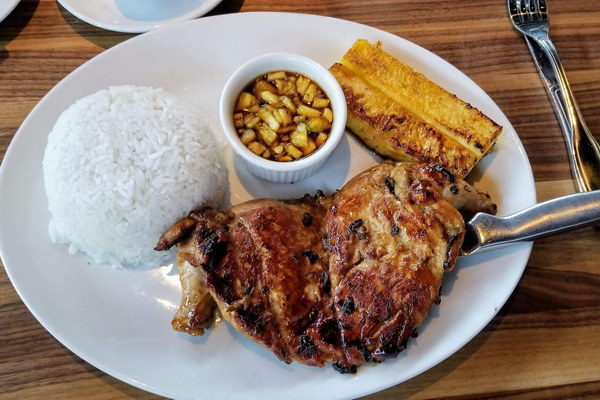
2. Sugary and Refined Carbohydrates: These foods can contribute to weight gain and insulin resistance, which may increase the risk of gallstone formation.
3. Alcohol and Caffeine: Both alcohol and caffeine can irritate the gallbladder and increase the risk of gallstone formation.
4. Cholesterol-Rich Foods: High-cholesterol foods can increase the risk of gallstone formation and exacerbate gallbladder inflammation.
Dietary Tips for Cholecystitis
1. Eat Small Meals: Eating small, frequent meals can help reduce the workload on the gallbladder and reduce the risk of gallstone formation.
2. Stay Hydrated: Drinking plenty of water can help support gallbladder function and prevent dehydration, which can lead to gallbladder inflammation.
3. Limit Fatty Meals: Avoid eating high-fat meals, especially right before bedtime, as this can put additional stress on the gallbladder.
4. Mindful Eating: Practice mindful eating by chewing thoroughly and savoring each bite to aid in digestion and reduce the risk of overeating.
5. Consult with a Healthcare Professional: Before making any significant dietary changes, it is essential to consult with a healthcare professional to ensure that the dietary modifications are appropriate for your specific condition.
By incorporating these dietary recommendations into your daily routine, you can help support your liver and gallbladder health, reduce symptoms of cholecystitis, and promote overall well-being. Remember, maintaining a balanced diet and lifestyle is key to managing this condition effectively.

